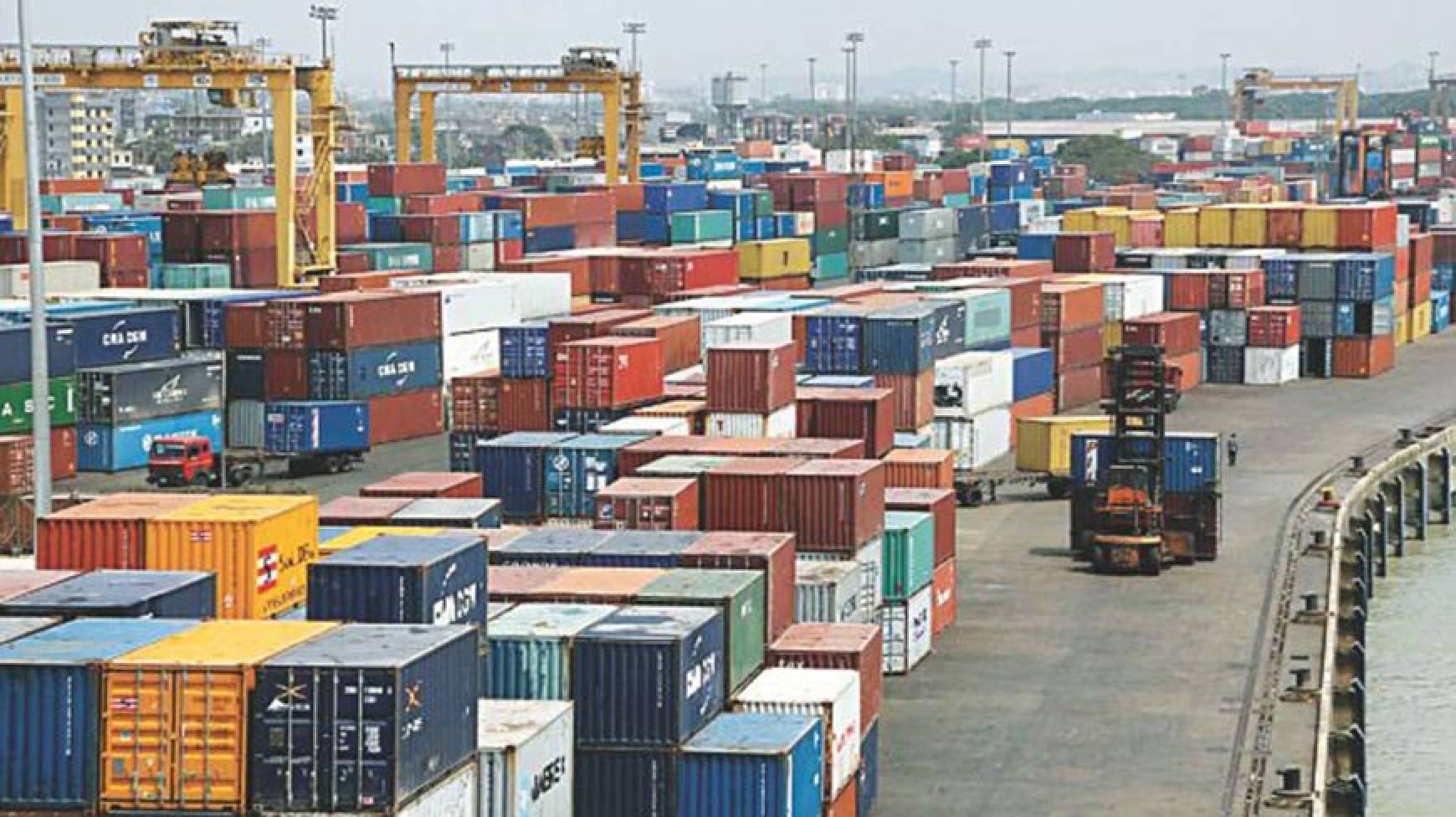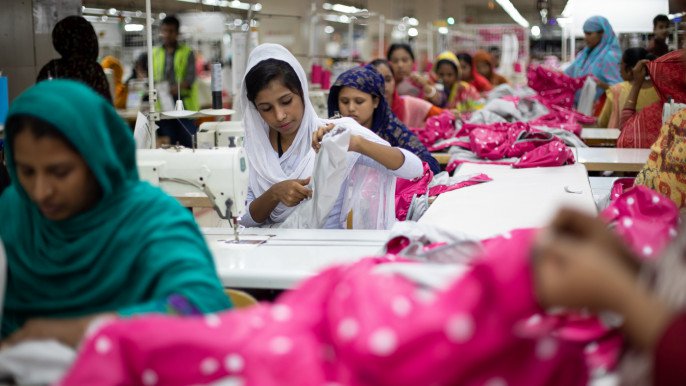Published on JOC.com on 4, August 2017
A flare-up of congestion at the port of Chittagong with no end in sight is compounding US cotton exporters’ concerns that there will not be enough capacity to move their containerized commodities to Bangladesh’s textile and apparel factories.
In response to congestion that has been mounting for weeks, the port authority has instituted tighter limits on how long ships may remain at Bangladesh’s top port. Bangladesh cotton importers said they have been advised of a surcharge of $150 per TEU because of congestion that is reaching a “critical level” at Chittagong.
“All shipping lines calling Chittagong terminals are heavily impacted, with vessels waiting an additional 7 to 10 days on average above the normal berth wait times,” according to a notice to customers from ANL, an Australia-based carrier offering worldwide shipping services.
US cotton exporters said that although Bangladesh is a growing market, its port congestion and lack of direct services adds complexity to their supply chains. Unlike Vietnam and China, whose ports are called by numerous weekly main-line services from the US East and West Coasts, Bangladesh is served mainly by feeder services.
US cotton exports to Bangladesh rose nearly 35 percent last year to 5,021 TEU, according to PIERS, a sister product of JOC.com within IHS Markit. The increase was aided by crop issues that affected exports from neighboring India. Total US cotton exports last year were up 3.7 percent to 254,610 TEU.
US cotton exports move year-round, but the peak season generally is in the first quarter, after the crop is harvested, ginned, compressed into 500-pound bales, and containerized for export. The peak was particularly strong this year, as US cotton exports to Bangladesh rose more than 240 percent year-over-year to 7,486 TEU.
Bangladesh has become the world’s second-largest garment manufacturer, after China, and has a fast-growing spinning industry that processes raw cotton into textiles. Last year, Bangladesh imported about 7 million bales valued at $3 billion.
With demand rising, Bangladesh depends on imports for almost all of its raw cotton. The country’s farmers can provide only about 3 percent of annual demand for cotton needed to produce yarn and fabrics.
Monsoor Ahmed, secretary of the Bangladesh Textile Mills Association, said port congestion threatens to raise costs. He confirmed that carriers have advised “that due to congestion in Chittagong port, they are in quandary whether to send vessels in Chittagong port or not.”
“If the present situation continues, cotton prices may go up and the problem may turn worst,” he told JOC.com.
Mahmudur Rahman Sumon, managing director of Zaheen Spinning Ltd., a producer of cotton yarn, told JOC.com that supply problems could hurt the country’s spinning industry by raising raise prices for raw cotton and yarn.
“Now both our imports and exports are affected severe due to the congestion in port impacting our competitiveness,” he said. “The government should have had looked into the problems in port much earlier to keep the lifeline of the country’s economy unhindered.”
 CPD RMG Study Stitching a better future for Bangladesh
CPD RMG Study Stitching a better future for Bangladesh




